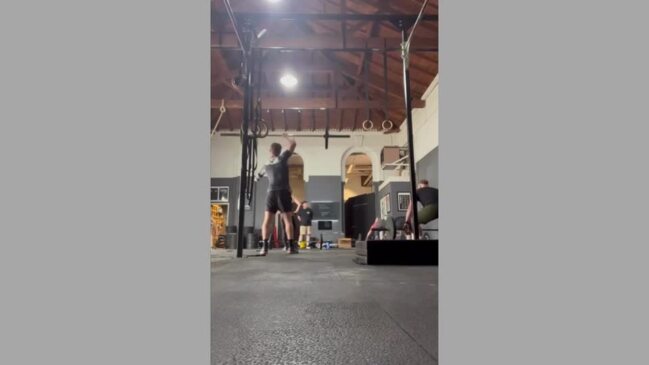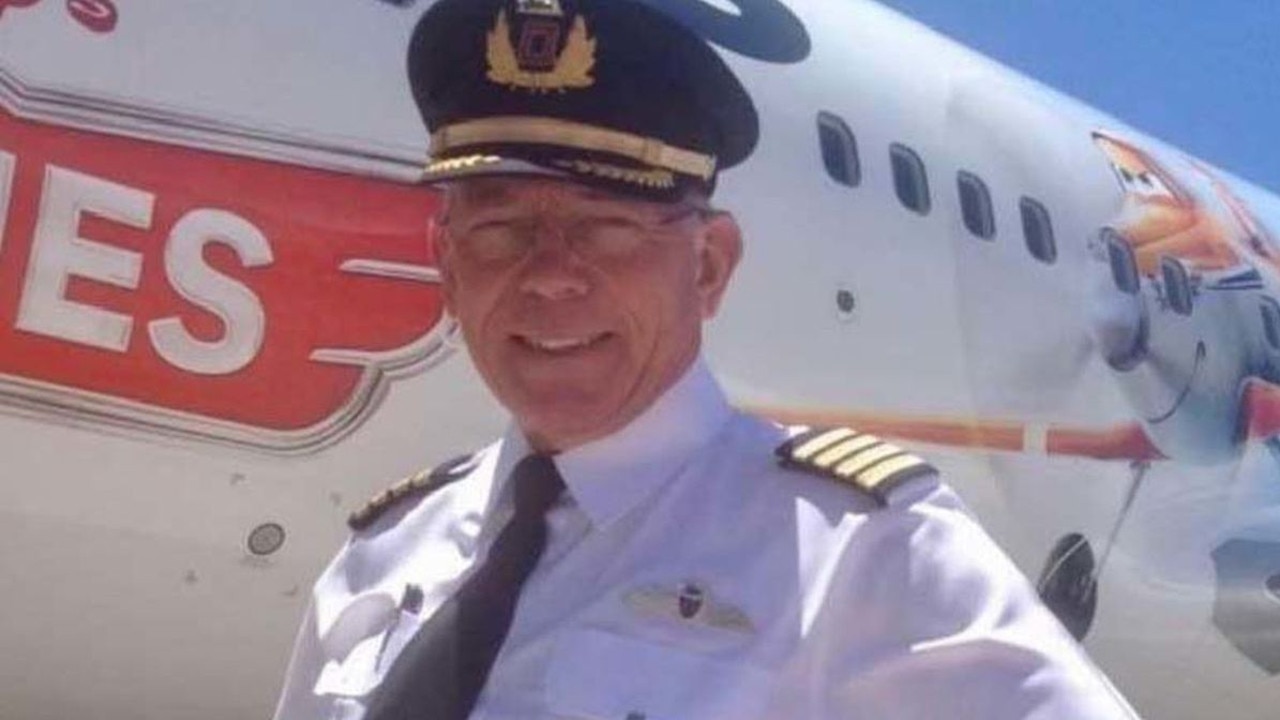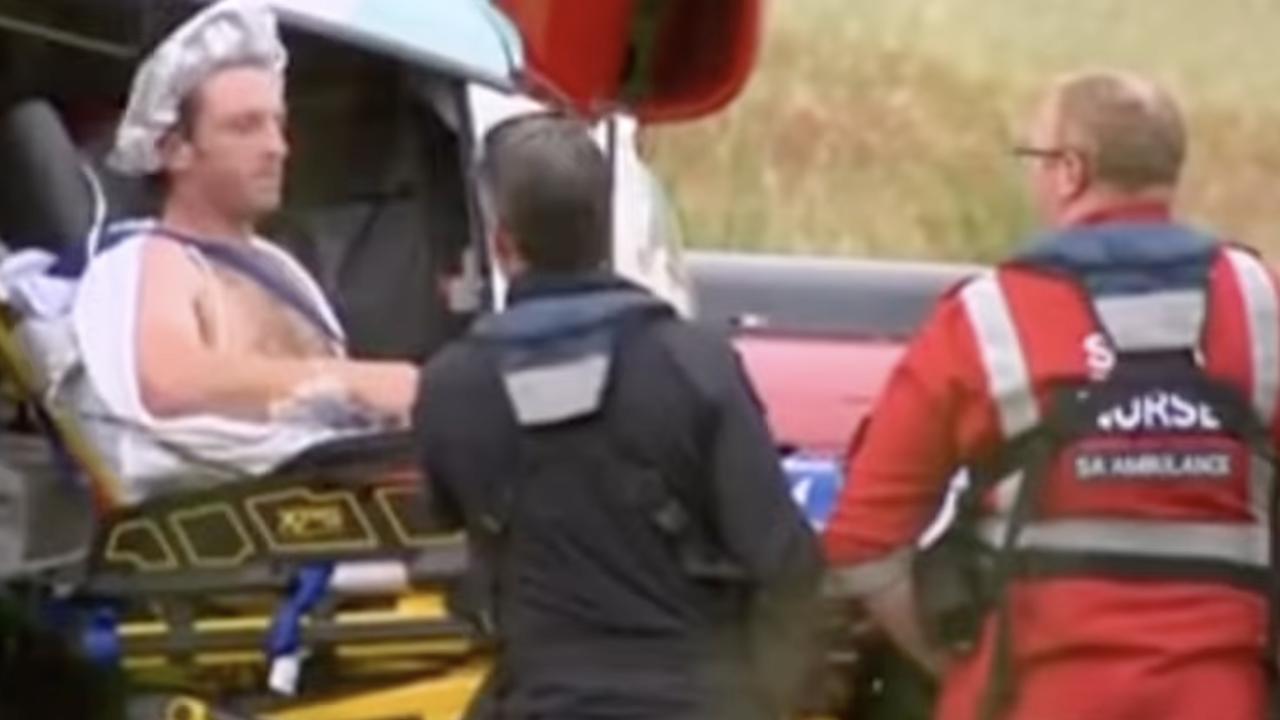British backpacker Henry Dunn shares recovery journey after losing arm in freak cattle station accident
A British backpacker had his Australian trip of a lifetime turned upside down after a freak incident during at a remote cattle station.

Thousands of backpackers venture into the Australian outback each year, embarking on a journey filled with exploration and adventure.
But for Henry Dunn, a British backpacker, his trip of a lifetime turned into a harrowing ordeal during his stint at a remote cattle station in the Northern Territory.
On November 15, the 23-year-old was a week away from completing his farm work at the isolated Larrimah station, 430 km south of Darwin, when a tragic incident occurred.
While using a post driver to secure fences, the device malfunctioned, resulting in a severe injury to Henry’s left arm.
It resulted in him losing everything from the elbow down.
As he embarks on the long and arduous road to recovery, Mr Dunn has established a GoFundMe campaign to help cover expenses not covered by the Northern Territory Workers’ Compensation Scheme.
After the accident he was rushed to Royal Darwin Hospital enduring an arduous journey by ute, ambulance, and a 500km CareFlight.
“Life can throw curve balls at you at any time and unfortunately for me an accident in Australia has resulted in me losing my left lower arm,” he posted to his Instagram.
“However, the thing with curve balls is that it’s all about how you adapt and react and I’m ready to take on this journey. I am happy to say I am back home surrounded by all the love and support from family and friends
“While this was not the conclusion to my travels that anyone anticipated, my priority now is to lay a solid foundation for both my physical and mental recovery.”
Over the past seven months, Mr Dunn’s social media has been a testament to his remarkable progress. He has shared inspiring videos showcasing his new-found strength, engaging in weightlifting, pull-ups, and using a rowing machine with his prosthetic arm.
Recently, Mr Dunn received a prosthetic limb fitted with a functional hook that responds to movements initiated by his opposite shoulder.
Adjusting to this novel mechanism posed daily challenges that he has documented to his growing follower base.
“My right shoulder now controls my left hand grip, so adapting to these new movements is a constant learning process,” he said in a post describing his new appendage.
“My residual limb undergoes constant changes as it progresses through various stages of healing. The healing process is likened to baking a pie — though the exterior may appear ready, the interior is still raw; there is still a long way to go.”
Throughout his journey, Mr Dunn has maintained a positive outlook on his time spent in the Northern Territory, cherishing the remarkable support and care he received. In challenging times, the presence and encouragement of those around him made his final weeks in Australia more bearable.
“I cannot thank enough the individuals who played a role in getting me to Royal Darwin Hospital — my friends at the pub who offered initial assistance, the paramedics, doctors, and pilots who facilitated my transport, as well as the surgeons and nurses who provided exceptional care,” he said.
“And, of course, my father, who wasted no time in joining me in Australia, offering unwavering support and companionship when I needed it most.”



